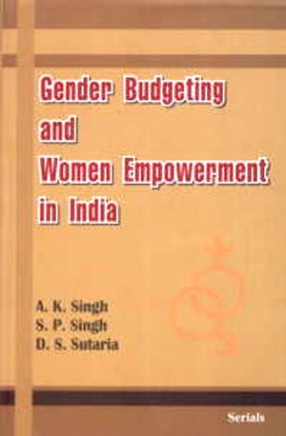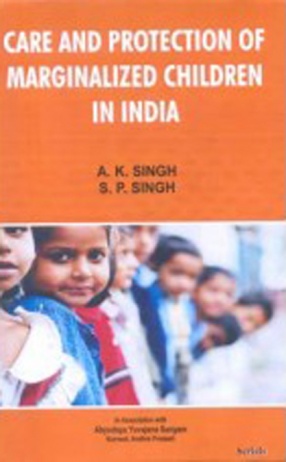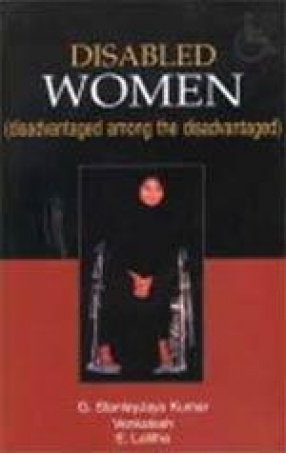Gender budgeting has been internationally recognized as a key tool for empowering women by incorporating gender perspective and concerns at all levels and stages of development planning, policy, programmes and delivery mechanism. Government of India has adopted gender budgeting for gender equity as a mission statement and is widely disseminating tools and strategies across ministries and departments. The importance of gender budgeting has been stressed time and again in different forums. A government budget is a financial statement of the expected revenue and intended expenditure of the government over a given period. The government budget is not simply a technical instrument for compiling and reporting on government revenue and expenditure plans but it is also a primary policy statement made by the government. The budget has three crucial economic functions viz. allocations of resources, distribution of income and wealth, and stabilization of economy. Gender responsive budgets seek to uncover the impact of resource allocations on women, men, girls and boys.
The present volume containing of 34 well written papers highlight the various aspects and dimensions of gender perspective, concerns and mainstreaming in development policy, planning and programmes. It also attempts to assess the impact of gender budgeting on women empowerment through presenting analysis of specific case studies. The present volume will be of immense importance for the policy makers, administrators, development professionals and those who are interested in the theme for understanding and implementation of gender responsive budgeting.









There are no reviews yet.